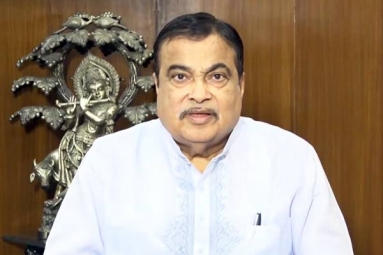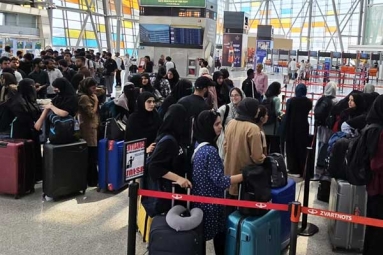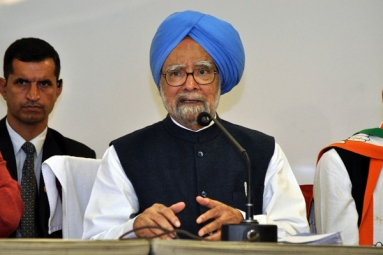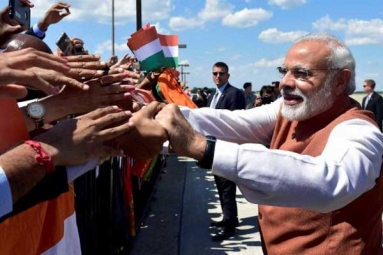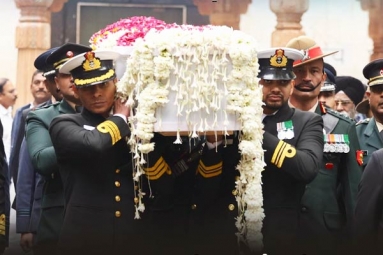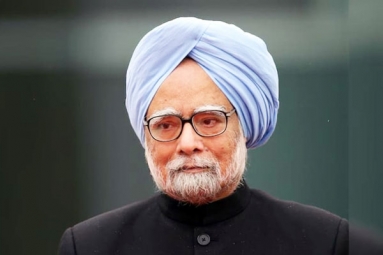
(Image source from: x.com/RahulGandhi)
Manmohan Singh, dressed in his signature white kurta-pyjama and blue turban, became India's 14th Prime Minister on May 22, 2004. Members of his family, political allies, and past leaders, including Atal Bihari Vajpayee, witnessed as the quiet and reserved leader took charge at a ceremony presided over by then-President APJ Abdul Kalam at the Rashtrapati Bhavan. It was widely anticipated that the incumbent NDA government led by Atal Bihari Vajpayee would secure a second term until the 2004 election results were announced. The BJP's high-profile "India Shining" campaign dominated the media, and political analysts and exit polls had overwhelmingly predicted a BJP-led victory. However, the Congress party, under Sonia Gandhi's leadership, staged a comeback. The Congress-led UPA coalition emerged victorious, securing enough support from regional allies to form the government. Sonia Gandhi, who many expected to become Prime Minister, surprisingly stepped aside in favor of Manmohan Singh, citing her "inner voice". Sonia Gandhi's Italian roots have been a contentious political issue since she entered active politics in 1998.
Uma Bharti rekindled the controversy. Ms Swaraj even threatened drastic protests, including shaving her head, if Mrs Gandhi became Prime Minister. Sonia Gandhi also faced internal resistance. In his autobiography, former External Affairs minister and Congress leader Natwar Singh recounted a tense moment at Mrs Gandhi's residence, where Rahul Gandhi strongly urged his mother not to accept the position, citing his concerns due to the assassinations of his father, Rajiv Gandhi, and grandmother, Indira Gandhi.
Mrs Gandhi's refusal to take the top job paved the way for Manmohan Singh's rise. As a soft-spoken technocrat with no strong political base, Dr Singh was an unlikely choice. A career economist who had served as Finance Minister in PV Narasimha Rao's government during the 1991 economic reforms, Dr Singh had earned respect in policy circles but lacked the typical attributes of a political leader. His only attempt to contest a Lok Sabha seat, from South Delhi in 1999, ended in defeat, and Dr Singh remained a Rajya Sabha member throughout his political career. Despite being called the "Accidental Prime Minister," Dr Singh's decade-long tenure saw some significant accomplishments.
The Right to Information (RTI) law, the Mahatma Gandhi National Rural Employment Guarantee Act (MNREGA), and the Right to Education (RTE) are important initiatives that aim to empower and support the people. Dr. Singh's time in office was not without issues. In 2008, his government faced a confidence vote after the left-wing parties withdrew support over the Indo-US nuclear deal. Dr. Singh heavily invested in the agreement, arguing it was vital for India's energy needs. His government narrowly survived the trust vote. The UPA lost the 2014 election, with Narendra Modi's BJP winning a landslide victory. Dr. Singh left public life with dignity, stating that he believes history will judge him more favorably than the current media or opposition parties.







